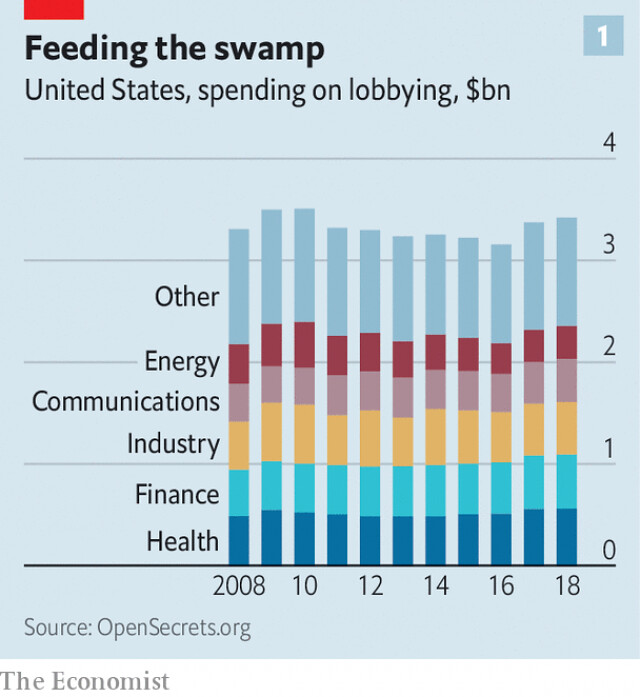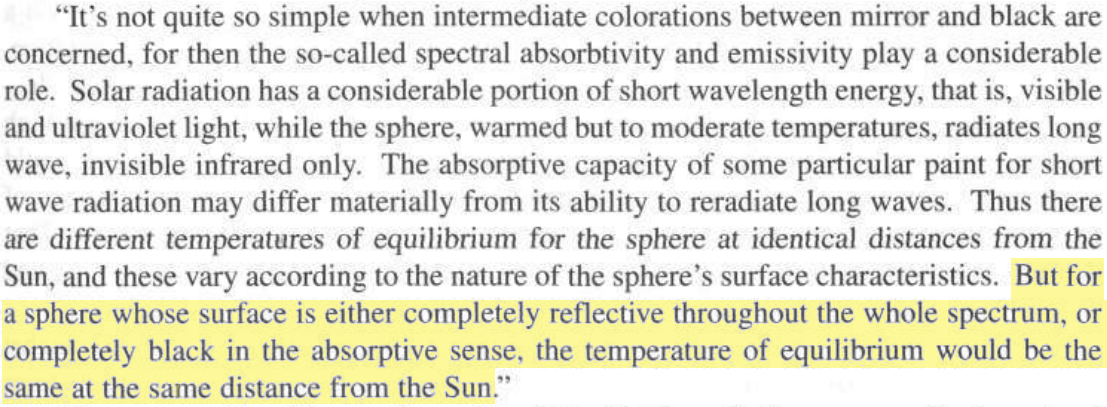![DSC_8439[1]](https://farm8.staticflickr.com/7885/40440966723_bcc862ba82.jpg)
Trigger warning: negativity. If you want to think happy thoughts,
go elsewhere. Continued at:
At Davos we will tell world leaders to abandon the fossil fuel economy?
People say things like "
Yesterday, I went to witness the local #ClimateStrike. I found the energy and enthusiasm of these young people very encouraging. It gives me hope for the future". And that's charming. It's always lovely to talk to nice positive people, rather than unlovely old curmudgeons. And yet the absence of any real idea is becoming glaringly obvious.
No plan, let alone a plan B
I should establish that GT has no plan, since this is important to my argument.
She says
People keep asking me ”what is the solution to the climate crisis.” And how do we ”fix this problem”. They expect me to know the answer. That is beyond absurd as there are no ”solutions” within our current systems. No one ”knows” exactly what to do. That’s the whole point. We can’t just lower or heighten some taxes or invest in some ”green” funds and go on like before... We are just passing on the words of the science. Our only demand is that you start listening to it. And then start acting. So please stop asking your children for the answers to your own mess.
I think that serves; she advertises it as a reply to those
who keep on lying, spreading hate and knowingly leave out facts but perhaps I can forgive her in time.
We are just passing on the words of the science
Another of those things that people say, but which aren't true. People trumpet
Greta Thunberg has done her science homework, but this is to miss the point: as
the Alsup trial proved, the science isn't in question, to first order
1. Almost everyone -
even the Evil Bjorn Lomborg - claims to be just following the science. But actually the (physical) science doesn't really tell you what to do. To decide what to do - well, one version of it - you have to make some semi-arbitrary assumptions, like limit warming to 2 oC or 1.5 oC - in order to make the problem space tractable, and then use the science to turn that into concentrations, and then turn that into emissions, but even then you're still left with lots of policy choices over those emissions. You could for example waste everyone's time
propounding drivel like the GND. Or you could throw out the stupid limit and
impose carbon taxes instead and hope that
solar photovoltaic saves us.
No plan, but...
Actually, it isn't quite true that she doesn't have a plan. There are hints of ill-formed and very bad plans struggling to get out: "
We need a new economics", "
We need a whole new way of thinking. The political system that you have created is all about competition. You cheat when you can because all that matters is to win. To get power. That must come to an end. We must stop competing with each other". Which is std.fairyland: why can't people just get on and be nice to each other?
Panic, Captain Mainwaring
GT
would like us to panic. This is a regrettable turn of phrase, and not one that can be shrugged off as an accident, since it was from a speech at
Davos. But panic is not a sensible response to anything
3, just about by definition. Panic is what you want from other people when you know that calm rational analysis will not achieve the result that you have decided you want through calm rational analysis. At least, I trust that GT is not simply spouting all these words in a state of panic.
Denial Is Not a Policy
ClimateLiabilityNews tells me
Striking Students Demand Climate Action: ‘Denial Is Not a Policy’. But, they're wrong. Denial actually is a well-formed and actionable policy - just not one that anyone sane would want the world to follow. In this it differs from GT who, as noted above, has no real plan.
Does any of this matter?
Yes, because if all the happy well-intentioned enthusiasm catches on, their are plenty of the old guard waiting in the wings to steer things their way. For example
The climate strikers should inspire us all to act at the next UN summit by António Guterres:
Without ambitious action, the Paris agreement is meaningless. Oh, FFS. OK, so that particular old guard is largely harmless, if allowed to splurge large quantities of cash and CO2 on summits. But others maybe less so, and it all distracts from trying to forge some agreement with those who don't want an entirely new economics based on kittens.
Update: nothing useful can happen until people are willing to make hard choices, and for that, an aroused public is necessary
This was CIPs comment. I largely agree with it - with the above caveats about enthusiasm and panic. But I don't see evidence of an increasing willingness to make hard choices
2. I see a slew of articles piggybacking on GT to call for
Ending climate change requires the end of capitalism, but that's just opportunism, not thought, nor choice.
Update: Greta Thunberg's full speech to MPs 2019/04/23
Read
the full text of the speech Greta Thunberg gave to MPs at the Houses of Parliament offers the Graun. There are problems with the speech, you won't be surprised to discover:
*
But we’re only repeating the message of the united climate science - well, no, not really. In terms of the physical climatology, when you talk about that at all, you veer off to the high side. And when you start to talk about what to do, you're off on the politics, not the science.
* The
future was sold so that a small number of people could make unimaginable amounts of money. This is bollox. All too common bollox, very seductive bollox, but bollox all the same. It presents us with the alluring idea that all we have to do is to "fix" just a few people or corporations and all will be well; that the rest of us have no guilt. And so, it is wrong.
*
Around the year 2030, 10 years 252 days and 10 hours away from now, we will be in a position where we set off an irreversible chain reaction beyond human control, that will most likely lead to the end of our civilisation as we know it. This appears to be (a) the we-only-have-12-years fallacy; and (b) that 12 years is a knife-edge tipping point.
And so on. There's still no plan.
Notes
1. And very funny it was to see all the high-powered Scientists turn up to prove the science with
Powerpoint, only to discover that the Evil Oil Companies had forseen that and neatly parried with "yeah, we accept all that".
2. Do please use the comments to provide examples.
3. 2010/01: Gavin in 2019/02 laid mercilessly into the defenceless Greta:
it’s not clear that panic and/or fear are the best motivators for any constructive solutions to problems.
Refs
*
New technologies, not Paris climate agreement, will do the job?
*
Carbon budgets and carbon taxes
*
Guerrilla Education at Princeton: Letter from a Dad by Bryan Caplan
*
Increasing The Minimum Wage Increases Crime, Obviously Enough by Tim Worstall
* Later:
3 ways to combat climate change according to young activists. But again, there's nothing resembling a plan. They are 1) learn about climate change; understand govt's role; make pols listen. Which are all splendid, but.
*
Teenage activists and an IPCC triumph - Nurture
 The largest five stock market listed oil and gas companies spend nearly $200m (£153m) a year lobbying to delay, control or block policies to tackle climate change, according to a new report, the Graun breathlessly tells us. Can it be true? Exxon is pegged at $40+M, and yet Exxon total lobbying spend per year is around $11M, according to OpenSecrets. How do we reconcile these numbers?
The largest five stock market listed oil and gas companies spend nearly $200m (£153m) a year lobbying to delay, control or block policies to tackle climate change, according to a new report, the Graun breathlessly tells us. Can it be true? Exxon is pegged at $40+M, and yet Exxon total lobbying spend per year is around $11M, according to OpenSecrets. How do we reconcile these numbers? Page 10 tells us Exxon's climate lobbying is ~$41M per year, again making no effort to reconcile that to the total $11M figure. But they may be counting social media and advertising as "lobbying". Lots of the report is the traditional I-don't-like-oil-companies stuff; by which I mean the authors struggle - or rather, don't struggle - to stay on topic, and wander off.
Page 10 tells us Exxon's climate lobbying is ~$41M per year, again making no effort to reconcile that to the total $11M figure. But they may be counting social media and advertising as "lobbying". Lots of the report is the traditional I-don't-like-oil-companies stuff; by which I mean the authors struggle - or rather, don't struggle - to stay on topic, and wander off.![DSC_8439[1]](https://farm8.staticflickr.com/7885/40440966723_bcc862ba82.jpg)








